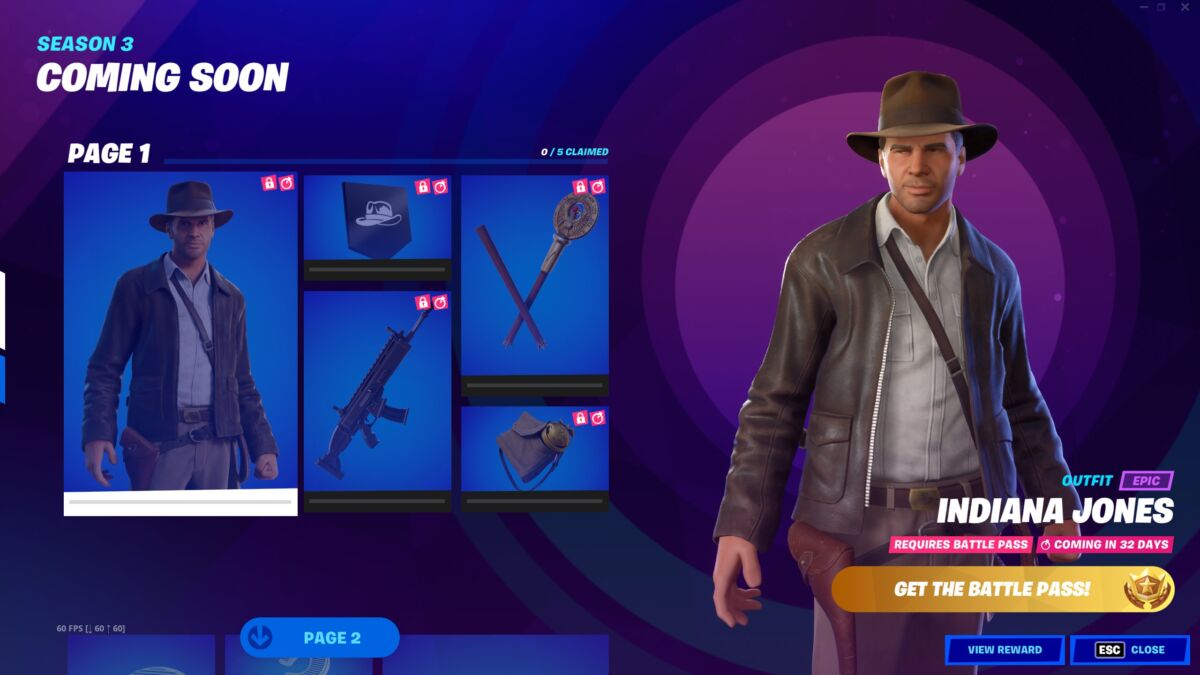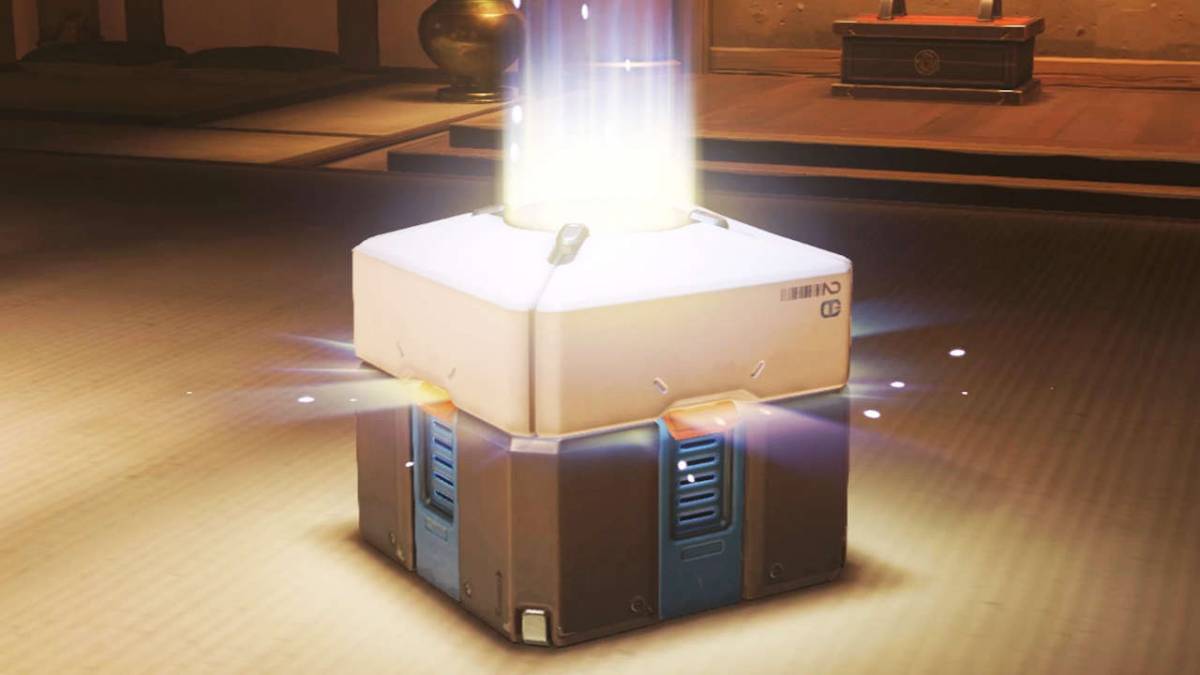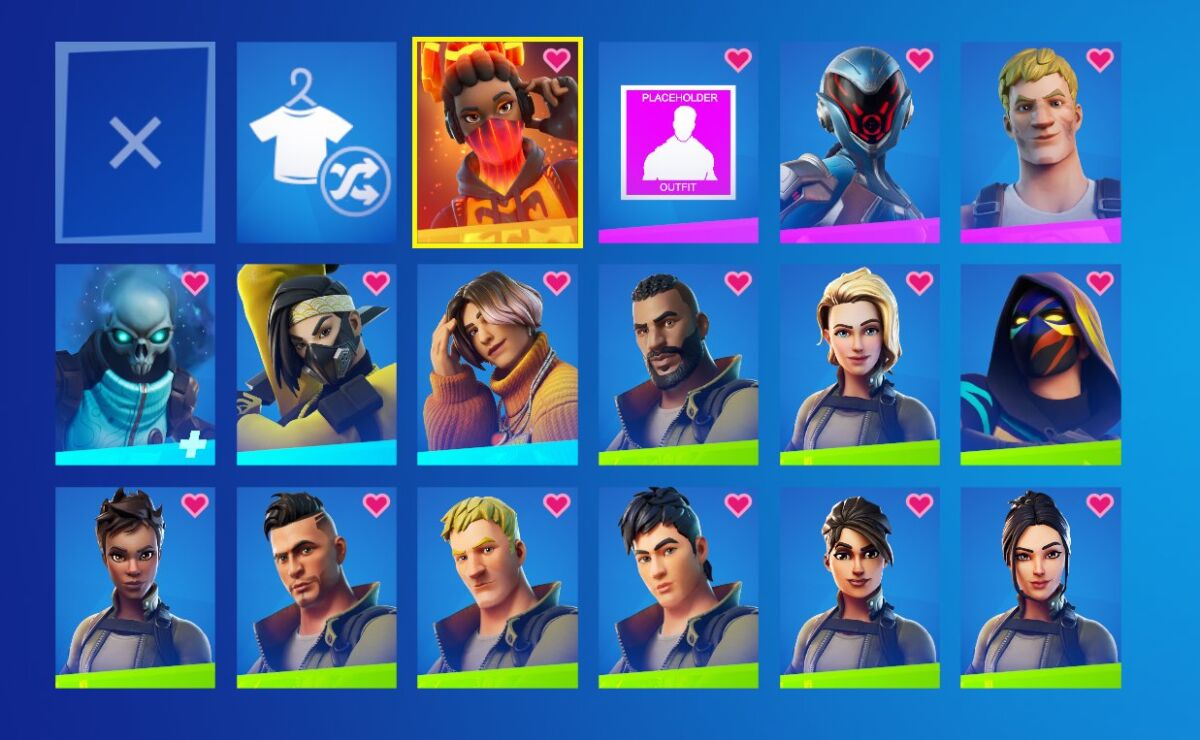It’s no secret at this point that Battle Passes have become a bread and butter staple of multiplayer gaming. Quite frankly, launching a multiplayer game in this day and age without some kind of Battle Pass or content plan is a one-way ticket to having an endless horde of bots declare said game to be “dead” on Twitter. However, just because Battle Passes are always there, doesn’t mean they’re inherently good.
With that in mind, we’ve decided to look into whether or not Battle Passes have ultimately contributed to the overall good or detriment of multiplayer gaming as a whole. While Battle Passes aren’t going to be everyone’s cup of tea, there’s plenty of general pros and cons to the approach that make it easier to judge.
Pro: Battle Passes Subsidise The Cost Of Future Content

Online multiplayer gaming has evolved a lot over the years, especially in regards to how to extend a game’s lifespan after the initial launch. One of the ways that developers used to accomplish this was via DLC packs that would add new maps, modes, weapons or characters to the game, ensuring there’s more for players to enjoy in the months and years after release.
However, this approach often led to a segmented player base of “the haves” and “the have-nots,” as some players wouldn’t be able to join certain lobbies or matchmaking playlists if they didn’t own the prerequisite map packs. Some games would even name and shame players in the matchmaking lobby, showing a big glowing warning message stating that “X doesn’t own the required DLC”. Cue cries of “oh, look at them letting the team down” and so on.
Multiplayer games need content in order to survive long term, and Battle Passes have been a great way of giving the developers money to create that significant content, while granting players new cosmetics and reasons to keep coming back to said game. Instead of DLC map packs breaking up the community, everyone can enjoy the same significant content, while making the choice of how much they want to dip their toes into the game’s cosmetic system.
Con: They Absolutely Promote FOMO

The fear of missing out has become an integral and unfortunate part of modern day multiplayer gaming, and the rise of Battle Passes and limited time events can be considered the cause of that. If you’ve purchased a Battle Pass, it often means you have a limited time to claim everything on that Battle Pass before it’s gone forever, which can lead to feelings of guilt if you try to play other games.
Fortnite is perhaps one of the worst examples of this Battle Pass FOMO in action, as the game often keeps its collaboration skins exclusive to the Battle Pass. With the game’s younger audience, you could argue that it promotes a sense of elitism, as some players would have the time and/or money to be able to afford the Battle Pass and its various tiers, while others wouldn’t.
Battle Passes in their very nature also hook you up like an IV drip, forcing the player to work to earn content that they’ve paid for. Essentially, you’re purchasing the right to unlock certain content within a set amount of time, and a lot of the time, that content you rightfully paid for will disappear if you don’t earn it in time. That’s kind of ridiculous when you really think about it.
You could make the point that this isn’t the case for every Battle Pass, as Halo Infinite allows players to purchase their main Battle Passes forever, meaning the content will never disappear. Make no mistake, that should be the standard for Battle Passes across all games going forward, but even Halo Infinite isn’t innocent in regards to content permanence. Through the game’s seasons, 343 Industries have implemented limited time events filled with separate content, but once those are finished, that content is gone forever.
Pro: They’re Miles Better Than Loot Boxes

We shouldn’t really celebrate video games for doing the bare minimum to not be greedy, gambling-promoting, money grabbing charlatans, but one benefit that Battle Passes do have is they’re miles better than loot boxes. If nothing else, players can see the content they’re guaranteed to get, should they complete every tier of the pass at least. Loot boxes are just random, meaning there’s no guarantee you’ll receive anything good, whereas if you can see that a Battle Pass has nothing good, you can give it a miss.
In a world where the cost of living is going up at a ludicrous rate, and having enough money to spend on games is getting harder and harder, being able to know what you’re purchasing is infinitely more valuable than rolling the dice and hoping for a purple or orange cosmetic. Again, it’s a pro point only because it didn’t trip up on that exceptionally low bar of not being a loot box, but for many, that makes them an improvement over what came before.
Con: They’re Used By Full Price, AAA Games

That earlier pro point about how monetisation efforts like Battle Passes can help ensure games have content going forward really stops holding water once the big, annual releases start offering six Battle Passes a year along with an asking price of $70 on release. For free-to-play titles, Battle Passes are great, but full price games offering Battle Passes kind of spit in the face of the whole endeavour.
This is especially true when you consider that, again, Halo Infinite is the only real game at the minute that supports Battle Passes that are available forever. There’s been plenty of problems with Halo Infinite’s lifespan so far, but they nailed it there, and the multiplayer is even free-to-play. It’s baffling that those kinds of Battle Passes aren’t the norm going forward, as surely it would encourage more sales and profits from players who join the game late.
But that wouldn’t create any FOMO, would it?
While not every full price game with a Battle Pass is an annual release, like Rainbow Six Siege or Dead By Daylight, they’re still premium games that offer in-game item shops where players can spend in-game currency or real world cash to unlock items. Siege even offers loot box-esque mechanics with its Alpha Packs and Battle Pass exclusive Bravo Packs. Even if the game is years old at this point, Siege in particular is gorging itself on monetisation practices while asking players to pay to get in. Honestly, it should have gone free-to-play a long time ago, but that’s another story.
Con: They’re Now Used As Replacements For Traditional Unlocks

A smaller point in the grand scheme of things, but something important to mention regardless is the fact that Battle Passes have seemingly replaced traditional unlocks. Instead of using specific weapons, playing as certain characters or earning set achievements/trophies, most content is unlocked via a Battle Pass now, which kind of sucks. Sometimes it’s nice to be rewarded for playing how you want to play, instead of being forced to complete random challenges to level up a Battle Pass and unlock stuff.
So, Are Battle Passes Good For Multiplayer Gaming?
The answer is definitely a lot more nuanced than a simple yes or no. Battle Passes have their uses and their benefits, as they’re a preferable option to loot boxes that can allow developers to support a game’s future content.
However, it feels like the feature has now been adopted by various AAA releases who are using the feature to milk even more money out of the consumer. Instead of paying £50/$60 for an annual multiplayer game, plus an added £/$20 for the map packs, players are now paying £60/$70 for the game and £/$50 on Battle Passes. This isn’t even including item shop purchases either. It seems like overkill.
On top of that, most Battle Passes only achieve their value by triggering FOMO in the player. If you’re not actively playing a game during the period a Battle Pass is active, you’re missing out on the “cool” content, particularly with Fortnite which often features collaborations with various notable franchises. Making all Battle Passes available to purchase no matter how far along a game is in its life cycle feels like a much fairer practice to the consumer, allowing them to focus on the games they want to play, when they want to play them.
Looking back at the history of multiplayer gaming, the current trend does feel somewhat better than where it was. Having access to new maps, characters and modes for free is definitely better than being gouged on this essential content, but Battle Passes still have some way to go for a lot of people. Whether the games industry will make those changes, or just
READ MORE: The Best Multiplayer Games on Xbox Game Pass
Some of the coverage you find on Cultured Vultures contains affiliate links, which provide us with small commissions based on purchases made from visiting our site. We cover gaming news, movie reviews, wrestling and much more.



